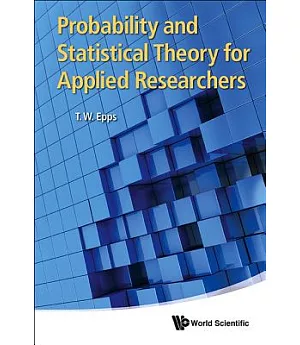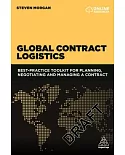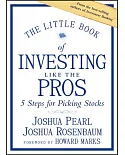This book develops the theory of probability and mathematical statistics at a level suitable for those at the frontiers of applied research, and it provides the necessary concepts of measure
theory and analysis along the way. Down-to-earth explanations and an abundance of examples and exercises throughout the text make these concepts accessible to those with preparation limited to
vector calculus and elementary statistics. Complete, detailed solutions to all the exercises are at the end of each chapter. These both develop one’s technique for problem solving and afford
immediate self-assessment of the level of understanding.The book is in two parts. Part I, The Theory of Probability, begins with elementary set theory, proceeds through basic measure and
probability on abstract spaces, to random variables and probability on sets of real numbers, to integration and mathematical expectation, and concludes with a survey of models for distributions
of random variables. Part II, The Theory of Statistics, begins with sampling theory and distribution theory for statistics from normal populations, proceeds to asymptotic (large-sample) theory,
and on to point and interval estimation and tests of parametric hypotheses. The three concluding chapters cover tests of nonparametric hypotheses (with emphasis on goodness of fit), Bayesian
methods, and linear and nonlinear regression.Researchers and graduate students in such applied fields as actuarial science, biostatistics, economics, finance, mathematical psychology, and
systems engineering will find this book to be a valuable learning tool and, thereafter, an essential reference.





















